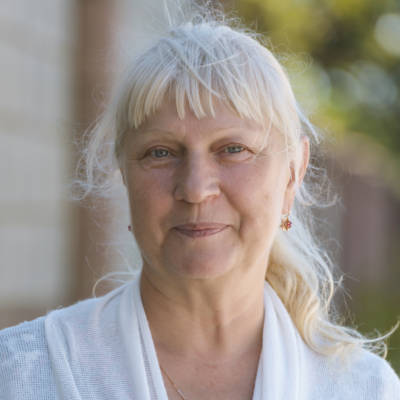
Margaret’s’ story illustrates what can happen in the more extreme cases of landlord exploitation in the private rented sector, wherein despite having a roof over one’s head, one may still feel without a home.
Margaret, a woman in her mid-60s with complex disabilities, was recently re-housed with her teenage daughter in a rural community in the North West. Although Margaret explained that her time on the waiting list for social housing was relatively short, both her and her daughter consider themselves as being the ‘hidden homeless’ for almost a decade. Their ordeal, which Margaret describes as ‘a living hell’, was brought to an end due to the intervention of a homelessness charity which advocated on behalf of this family, helping them to navigate what was described as “a complicated system” which made them feel unworthy.
Margaret’s story is one of hardship and despair, a life that was made ‘unbearable’ as a result of the behaviour and actions of her previous landlord. Initially, Margaret and her husband, who passed away a few years ago, had a ‘good relationship’ with the landlord, yet that quickly changed when the family had settled into their home. Although the rent and rates were covered by housing benefit, Margaret explained that the landlord placed a ‘huge financial burden’ on the family:
“It started about 4 months after we moved in. The landlord called by one evening and said that he thought he should get more money for the house. He demanded an extra £20 a month and said that we shouldn’t go through Housing Benefit as that only complicated things. My husband didn’t want any more stress, at this stage he was terminally ill. Despite my reservations, I handed him the money. This increased to £40 a month, and after my husband died it went up to £80 a month. He called regularly and demanded extra whenever he wanted.”
In addition to the financial pressures, Margaret also stated that the landlord failed to carry out repairs, and despite receiving a grant to adapt the home to suit her complex needs, this work was never completed. Rather, the family had to live without a bathroom for over a year and were told repeatedly by the landlord that they were problematic, and ‘would never get another house.’ For Margaret, his actions equated to ‘coercive control.’ In fact, she claimed that although he was ‘manipulative and physically abusive towards her,’ her complaints to local authorities, including the police and council, were never taken seriously.
“I called the police a number of times. One time, he was waiting for me coming home in the dark and pushed me up against the wall demanding money. The police told me that it was a civil matter and wouldn’t let me make a statement.”
As such, Margaret continued with the tenancy due to “the fear of standing up to a man who is considered a pillar of society” and her lack of knowledge about the social housing system. Throughout this period Margaret and her daughter had to find money on demand, which left them without the basics at times. They also lived in fear of being evicted from the house as they had nowhere else to go.
“Quite simply, we had a roof over our head, but it was never a home. We lived in fear for our safety as this man is aggressive. He would come into the house whenever he wanted, using his own key. He would take photos of me and say that he was reporting me to the social security office as I wasn’t really disabled. He left us with no money and caused so much heartache that I can’t put it into words.”
‘Hidden’ Homelessness in Northern Ireland 49 Margaret is now relieved that she has a place to call home and is grateful to a housing advice organisation who have supported her and her daughter, after her social worker set up a meeting with a support worker from the charity. By telling her story, Margaret wants to raise awareness about the actions of what she refers to as ‘rogue landlords,’ who capitalise on those who are vulnerable.
“I don’t want anyone else to go through this. I was trapped in this private rental. I couldn’t see any way out. I couldn’t make myself intentionally homeless, and no-one would believe me when I spoke about his (landlord’s) behaviour. I was brushed aside by the Housing Benefit office when I tried to explain that I was paying extra rent, and the police didn’t take the abuse seriously. I really think that the law needs to be changed or made more effective. The landlord abused his position and got away with it. I was essentially homeless in what was meant to be my home.”
At Simon Community NI we respect everyone who comes to us for help. While this story is true, the identity of the participant in our Hidden Homelessness research has been changed to protect their privacy.